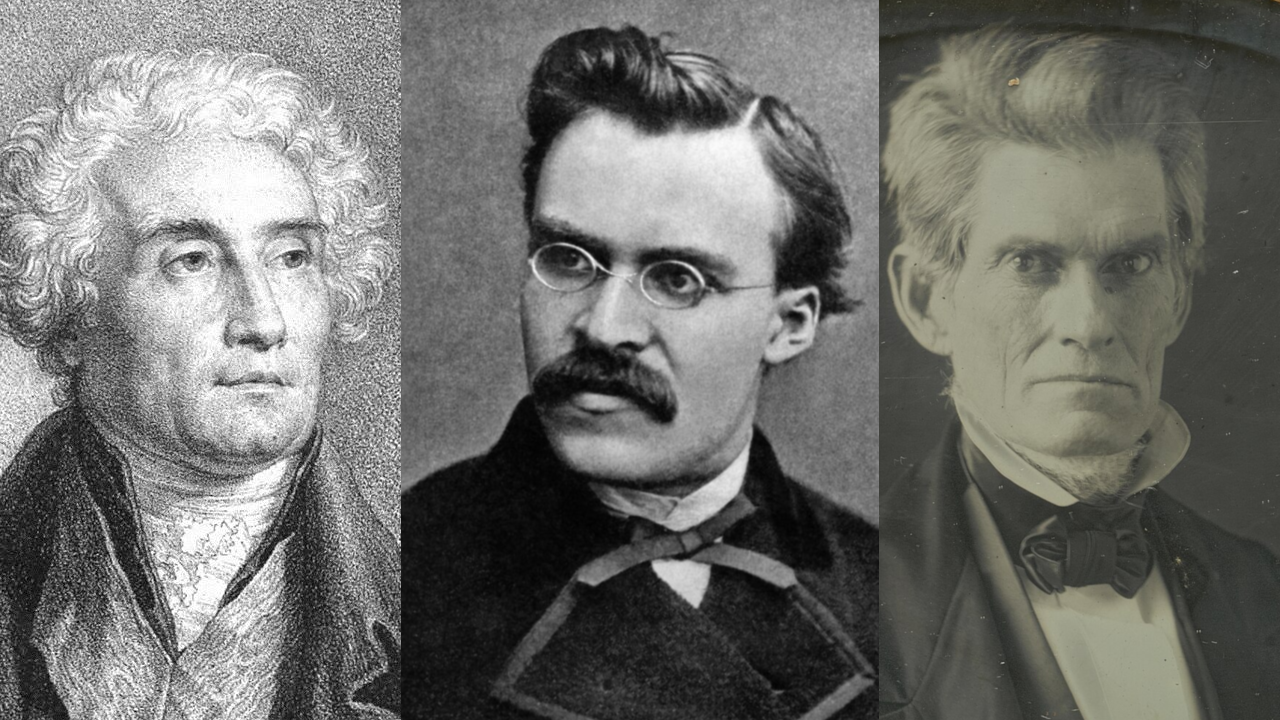Recent-ish Reads, June 6, 2025
More fun instances of basic map-versus-terrain comparative metaphysics: birthday week edition!

🎁 Gifting you more curated examples of basic map-versus-terrain comparative metaphysics in fun packages: birthday week edition! 🥳 The best gift you could give me would be subscribing, commenting, and sharing. Oh, and getting everyone you know across these United States to program the Capitol switchboard, 202-224-3121, or 5calls into their phones and then to politely pester their Senators and Representatives(' staff) every day to stop the MAGA Murder Bill and its devastating, counterproductive punishments of clean energy. I know we all hate phone calls but they do matter. (Unless you've got that taxation without representation like me and my 700,000 neighbors...)
Rights of Nature: This first one is amazingly on-point. "Unlearning our obsession with Cartesian thinking demands humility, a willingness to let the lines blur between us and that great plane of existence that we have learned to label as 'it.'" (Archive link to get past paywall)

Cognitive Science: Check out the overlap between the description of the ideological brain, "attracted to evidence-resistant worldviews," and map-metaphysics assumptions about how the world works. Cognitive rigidity shows up strongly in fascists, but pops up on the left and elsewhere as well.

General Social Science: Process-relational reality benefits from quantitative research and analysis, for sure, but qualitative ways of knowing are just as important to avoid warped models and missed values. Someone alert the economists!

History: The intertwined history of land enclosure of commons and global colonialism in England in the 1500s-1600s, the rebellions against them, and their continued influence on world capitalism really should be more widely known. For example, "the Digger story emerges and re-emerges as a site of imaginative possibility for people the world over." See also this lovely 2023 article (Substack) on the long Fennish resistance.

Right-Wing Political Philosophy: The first half of this long essay is an insightful overview of how various flavors of the radical right coalesce around irrational but occasionally intellectualized yearning for the easy certainty of rigid hierarchical order, built on map-metaphysics, with themselves top and center. The second half discusses some key thinkers of the far-right canon, including Joseph De Maistre, Thomas Carlyle, John C. Calhoun, and Friedrich Nietzsche (who "would probably be unhappy being on a list with many others he’d consider mediocrities"), as well as 20th century figures Oswald Spengler (The Decline of the West), Carl Schmitt, Julius Evola, and the complex legacy of Martin Heidegger.





